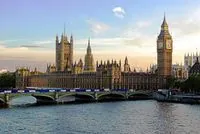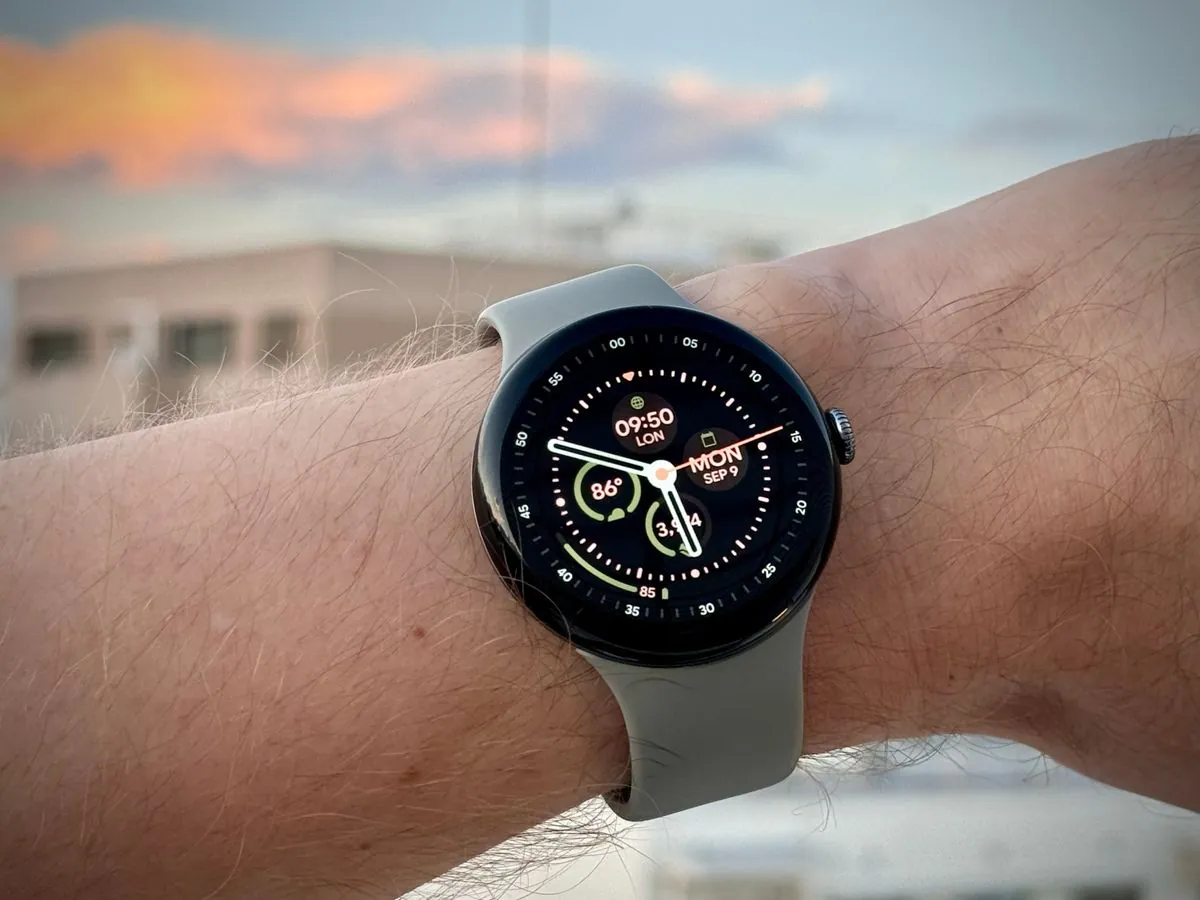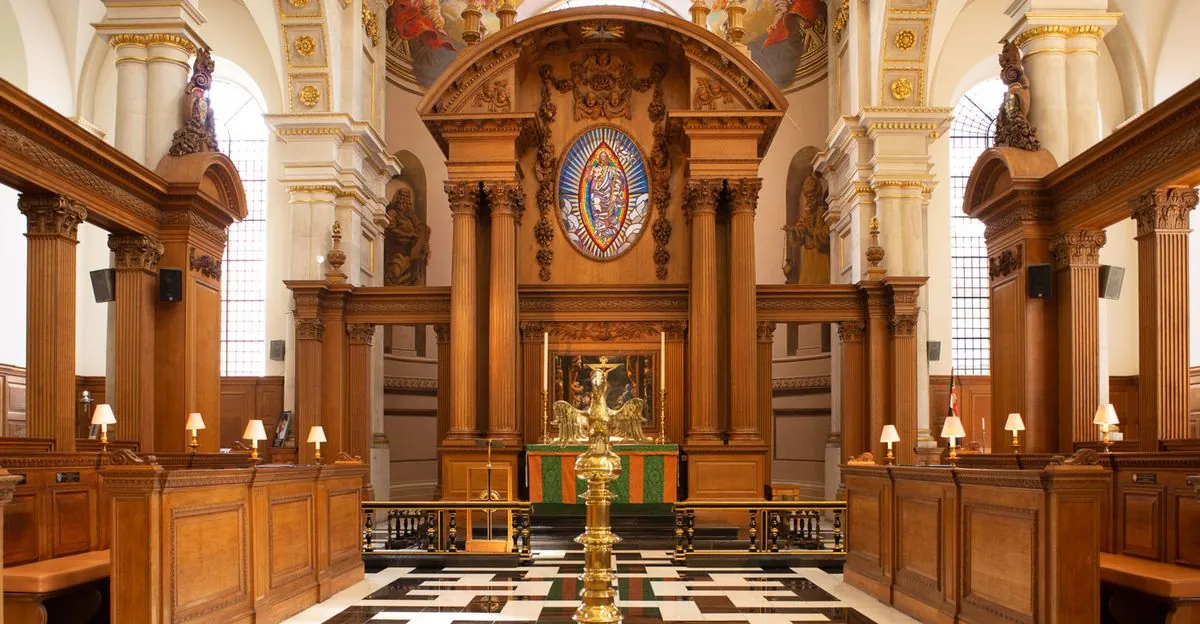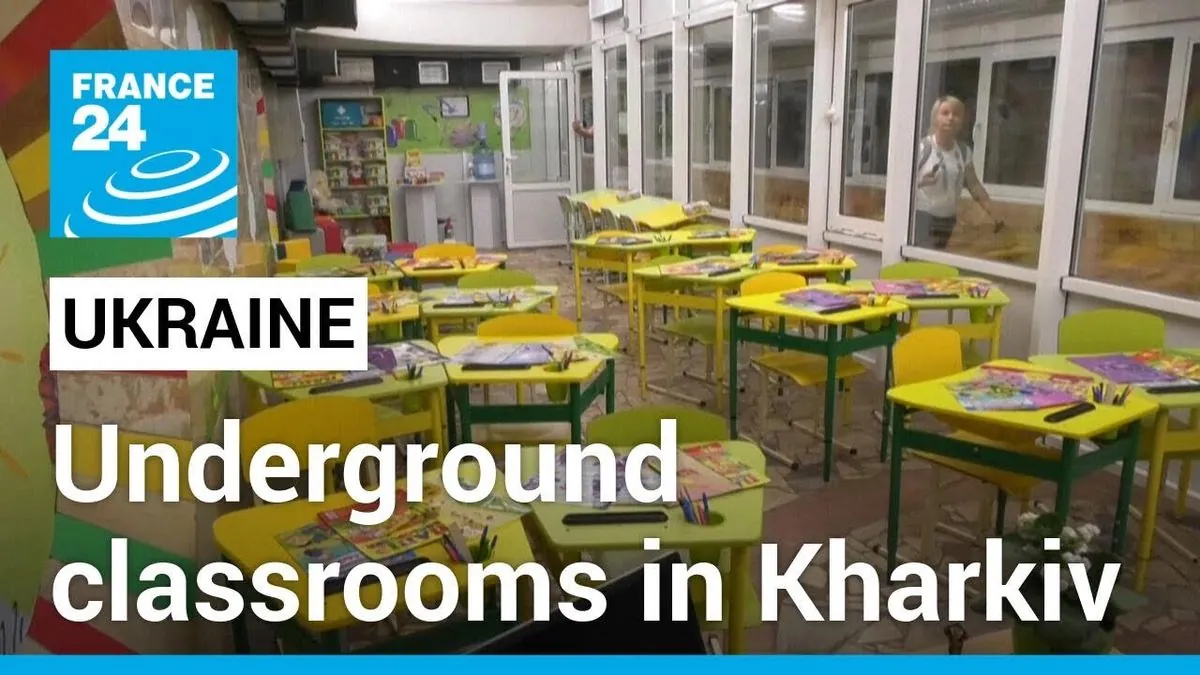BBC Under Fire for Hezbollah Reporting Amid Middle East Tensions
The BBC faces criticism for its coverage of Hezbollah, with concerns raised about language use and guest selection. Critics argue the broadcaster fails to consistently label the group as a terrorist organization.
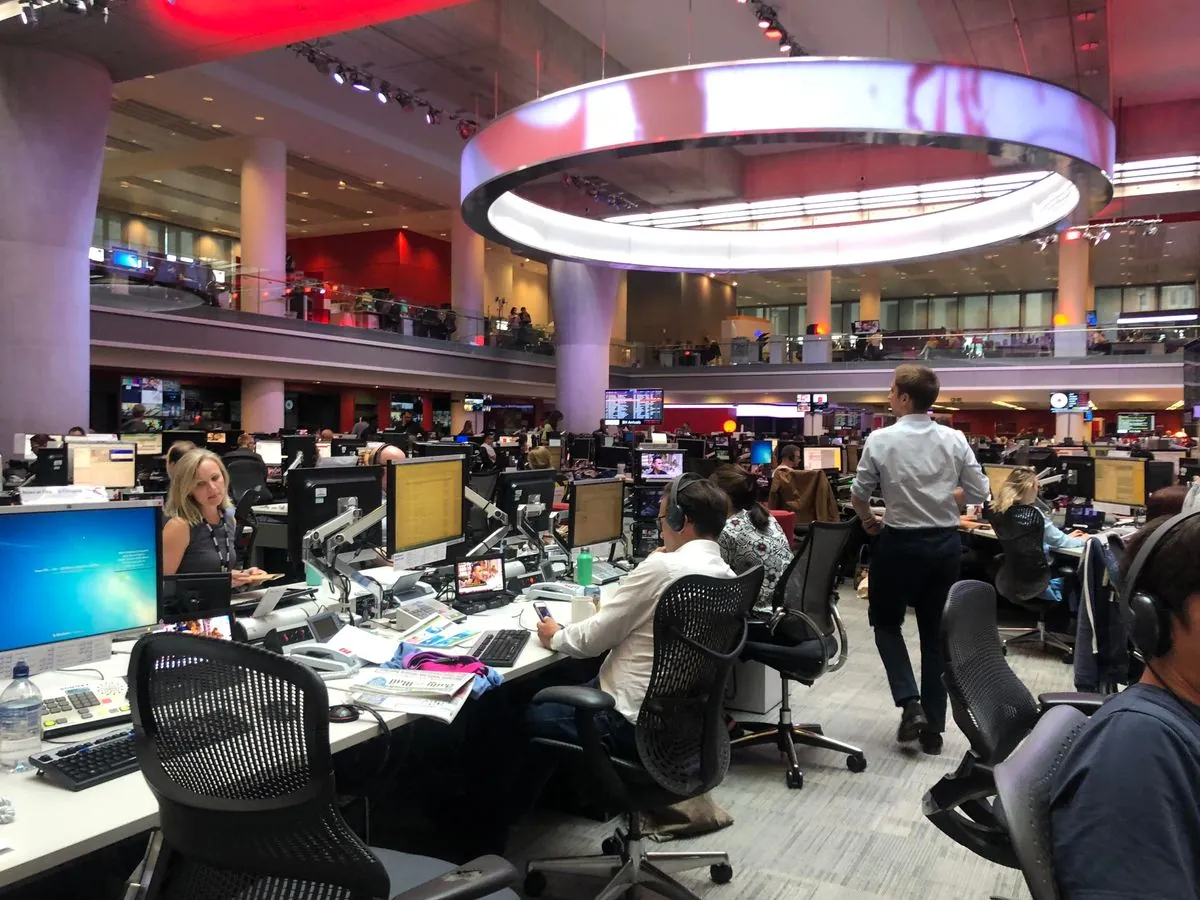
The British Broadcasting Corporation (BBC) is facing renewed scrutiny over its reporting on Hezbollah, the Lebanon-based militant group and political party. Critics argue that the broadcaster's coverage fails to consistently label Hezbollah as a terrorist organization, despite its proscription by the UK government in 2019.
This controversy emerges just one year after similar criticism of the BBC's reporting on Hamas following the October 7, 2023 attacks on Israel. The current debate centers on the broadcaster's language choices and guest selection when covering recent events involving Hezbollah.
Lord Mann, the UK government's independent adviser on anti-Semitism, expressed concern about the BBC's approach:
"Hezbollah is a terror organisation and should always be reported as such. They almost treated them as an army rather than a terror organisation that is armed. Iran have just proved that it is a proxy for them, so there's no ambiguity."
Critics point to several examples of BBC reporting that they believe downplay Hezbollah's terrorist designation:
- A BBC Q&A piece referred to Hezbollah as a "heavily armed militant and political movement" without immediately mentioning its terrorist status.
- News articles reporting on recent conflicts between Israel and Hezbollah did not explicitly label the group as a terrorist organization.
- A profile of Hezbollah's leader focused on the group's social services without addressing its violent activities.

The BBC has also faced criticism for providing a platform to guests perceived as pro-Hezbollah without sufficient challenge. One notable incident involved an interview with Mohammad Marandi of the University of Tehran, who made controversial statements about Israel that went largely unchallenged.
In response to the criticism, a BBC spokesperson stated:
"Where editorially relevant, we refer to Hezbollah as a proscribed terrorist organisation by governments including the UK government. The BBC is committed to reporting impartially and to featuring a wide range of different voices in its coverage of the complex political situation in the region."
The debate surrounding the BBC's coverage highlights the challenges of reporting on complex geopolitical issues. Hezbollah, founded in 1982, has evolved into a multifaceted organization with both political and military wings. It maintains a significant presence in Lebanon, providing social services while also operating as a heavily armed militant group.
As tensions in the Middle East continue to escalate, the BBC's role as a public service broadcaster places it under intense scrutiny. Critics argue that accurate labeling and contextual reporting are crucial for public understanding of the region's complexities.
The ongoing discussion raises important questions about the balance between impartial reporting and providing necessary context in news coverage. As the situation in the Middle East remains volatile, the BBC's approach to reporting on groups like Hezbollah will likely continue to be a subject of debate and analysis.























